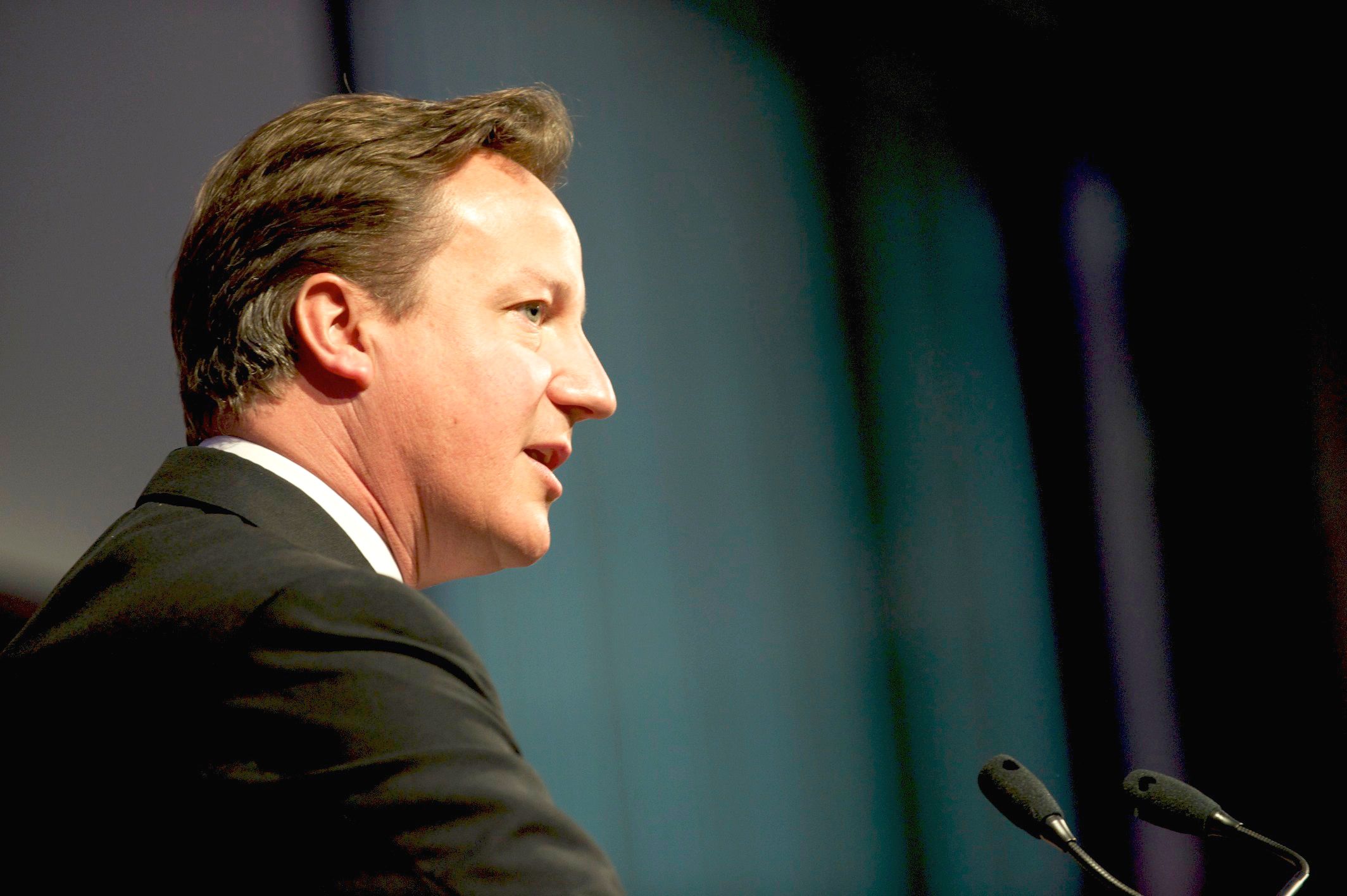On Thursday June 23, British voters will go to the polls to answer the question “Should the United Kingdom remain a member of the European Union or leave the European Union?”
The importance of the outcome for the UK and its citizens is obvious, but its implications for the rest of the EU, not least Denmark, are also huge.
Shaping the future
Mariano A Davies, the president and CEO of the British Chamber of Commerce in Denmark (BCCD), emphasised the importance the vote will carry.
“The referendum that takes place on June 23 will potentially be the most important ballot box decision of this generation,” he told the Copenhagen Post Weekly.
“Not only could it shape the future of the United Kingdom, but also the future of the EU as we know it.”
Danish interest
David Lidington, the British minister for Europe, was in Copenhagen at the beginning of the month to meet with Kristian Jensen, the foreign minister, Claus Hjort Frederiksen, the finance minister, and the parliamentary European Affairs Committee.
One of the items on the agenda was the package of reform measures that British PM David Cameron negotiated with other EU leaders in February prior to announcing the date of the referendum. Cameron claims that this renegotiation of Britain’s place in the EU secures Britain a “special status” that “means we are out of the parts of Europe that don’t work for us”.
This assertion has been challenged by the Leave campaign, notably Boris Johnson, the London mayor, who has become a figurehead for Brexit. He claims the package does not represent a fundamental reform of the UK’s relationship with the EU.
Support for reform
Lars Løkke Rasmussen endorsed Cameron’s EU reform program during the British PM’s visit to Denmark in February and the concrete package of reform measures has also attracted political support from the Eurosceptic party Dansk Folkeparti (DF).
Morten Messerchmidt, an MEP for DF, who received record support at the last European election with the campaign slogan “More Denmark – Less EU”, paradoxically hopes that Britain will vote to remain in the union so that the agreed reform will take place.
“With Cameron’s agreement we will get the first clear sign that influence is being given back to the national parliaments,” he told Politiken.
“It’s the first time ever that I can recommend a yes to the EU.”
Expat uncertainty
But expat Brits living in EU member states, who are estimated to number 2.2 million, have a more direct interest in whether Britain exits the union. Brexit could spell an end to EU citizenship benefits, such as healthcare and even residency.
A British vote to leave in June would lead to the British government invoking Article 50 of the EU Treaty. Since no member state has ever done this before, there is a great deal of uncertainty about the process involved in exiting.
The former British attorney general, Dominic Grieve, has been accused of scaremongering by warning that Brexit could lead to UK citizens in other EU member states becoming “illegal immigrants overnight”. A report by the British government on the process for withdrawing from the EU describes a scenario that is less sensational, but still characterised by doubt.
“Many UK citizens would want any negotiations to secure their continued right to work, reside and own property in other EU states, and to access public services such as medical treatment in those states. UK citizens resident abroad, among them those who have retired to Spain, would not be able to assume that these rights will be guaranteed,” it states.
Eligibility to vote
Unlike with the 2014 referendum for Scottish independence, residence is not a requirement to be eligible to vote on Brexit.
However, UK nationals who have lived outside the country for over 15 years can only vote if they have registered to vote in the UK within the last 15 years.
At the last general election, the Conservative government pledged to do away with the 15-year rule, and the Votes for Life Bill was announced at the beginning of this year with that purpose, but the change will not come in time for the EU referendum. This has angered expat groups across the continent and the Association of British Expats in Italy has even threatened the British government with legal action.
“The matter is of such importance to us that we will take all steps necessary to ensure we get the vote, including taking the government to the High Court,” Harry Schindler, the group’s founder, told ITV
News.














